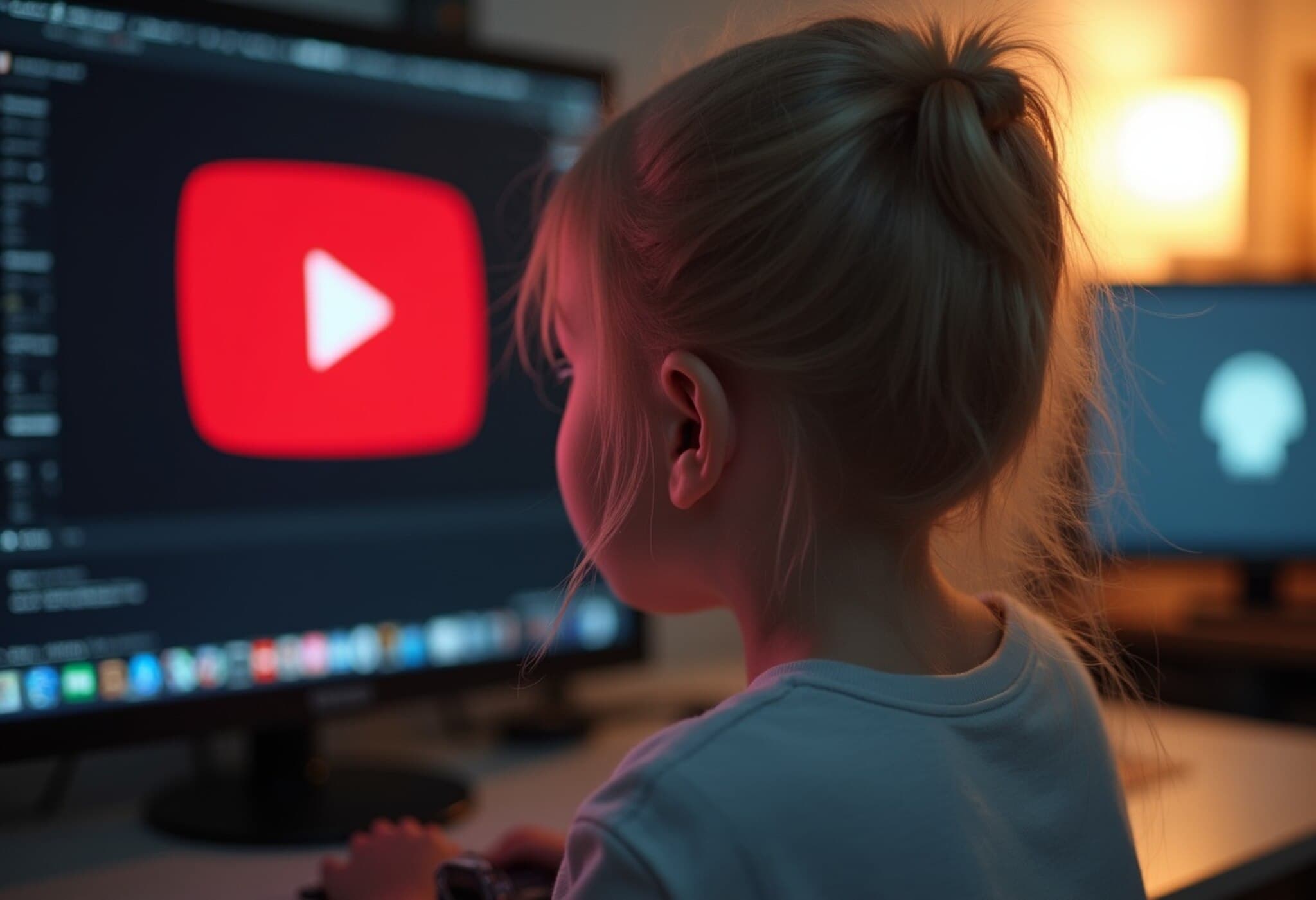Australia Sets Groundbreaking Social Media Age Restrictions
Starting this December, Australia will enforce the world’s first nationwide social media ban for users under 16 years old, aiming to safeguard young people's mental and physical well-being. This ambitious policy targets over one million teens and holds major social media platforms like Meta, Snapchat, and TikTok accountable with fines exceeding $49.5 million for non-compliance.
While the platforms currently require users to be at least 13 years old, Australia's new law mandates "reasonable steps" to block younger teenagers from accessing services. To enforce this, innovative age verification software has been introduced, showing promising accuracy in initial tests by 13-year-old Jasmine Elin and her peers. Yet, as Jasmine keenly observes, determined youngsters may still find loopholes—such as having siblings verify their age—highlighting the challenges in tech-based enforcement.
Global Context: How Other Countries Are Tackling Teen Social Media Use
Australia’s bold move resonates with similar policy discussions and actions across several countries, especially in Europe and Asia, reflecting a growing concern over social media's impact on children.
United Kingdom
Since passing the Online Safety Act in 2023, the UK has prioritized safety by design principles, empowering regulator Ofcom to clamp down on inappropriate content and enforce age restrictions. Secretary of State Peter Kyle emphasizes a holistic approach—looking beyond simple age checks to examine the broader effects of smartphones and social media on children’s health.
Norway
The Norwegian government proposed raising the minimum social media consent age from 13 to 15, while still allowing parental approval for younger users. Realizing that nearly half of Norwegian nine-year-olds are already engaging with social media, Norway continues to evaluate strict legal measures to set an absolute minimum age limit.
European Union
Across the EU, processing children’s data requires parental consent until age 16, but member states may lower this to 13. This regulatory framework aims to balance data protection with digital inclusion.
France
France mandated parental consent for users under 15 two years ago, but rollout delays due to technical hurdles have slowed full enforcement. In 2024, President Macron’s panel introduced proposals including banning cellphones for children under 11 and internet-enabled phones under 13, reflecting growing protective instincts.
Germany
Currently, children aged 13 to 16 may access social media with parental consent, though advocacy groups call for tighter restrictions to curb risks.
Other European Nations
- Belgium: Since 2018, minimum age for social media accounts is 13 without needing parental approval.
- Netherlands: No specific age restriction, but mobile phones have been banned in classrooms since 2024 to reduce distractions.
- Italy: Requires parental consent for users under 14, clear-cut rules otherwise.
The Challenge of Enforcing Age Restrictions
Age verification remains a tricky balance between privacy, convenience, and effectiveness. Technologies like photo-based age estimation tested in Australia provide innovative tools, but social media’s allure drives young users to seek workarounds. As policymakers worldwide wrestle with these issues, questions of digital literacy, parental involvement, and platform responsibility come sharply into view.
Expert Insight
Digital safety experts emphasize that while regulatory action is necessary, education around digital wellness must accompany technological enforcement. According to Dr. Elena Morris, Child Psychologist and Online Safety Advocate, "Age restrictions are the first step, but empowering teens to navigate social media responsibly builds lasting resilience against harm. Governments and platforms should collaborate on holistic strategies that include mental health support and parental guidance."
Looking Ahead
Australia's landmark move may well serve as a global bellwether, encouraging countries to standardize social media age limits and enforcement tools. However, the evolving digital landscape demands continuous adaptation, emphasizing user education alongside regulation.
Editor's Note
As nations grapple with protecting youth from potential harms of social media, the efficacy and ethics of age verification technology remain under scrutiny. While legislative efforts signal a turning point, the conversation must include voices of teens, parents, educators, and technologists to design balanced, practical, and humane digital environments. Readers are encouraged to consider: What role should governments play versus personal responsibility? How can social media platforms innovate responsibly without compromising privacy?



















